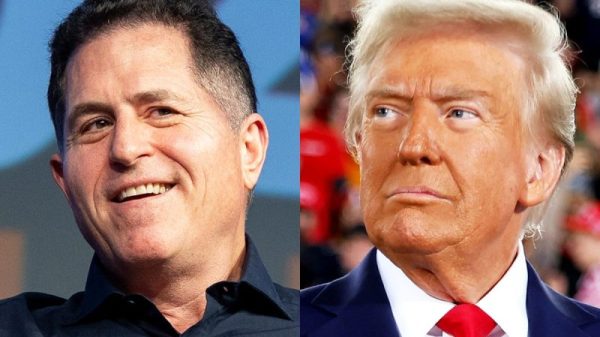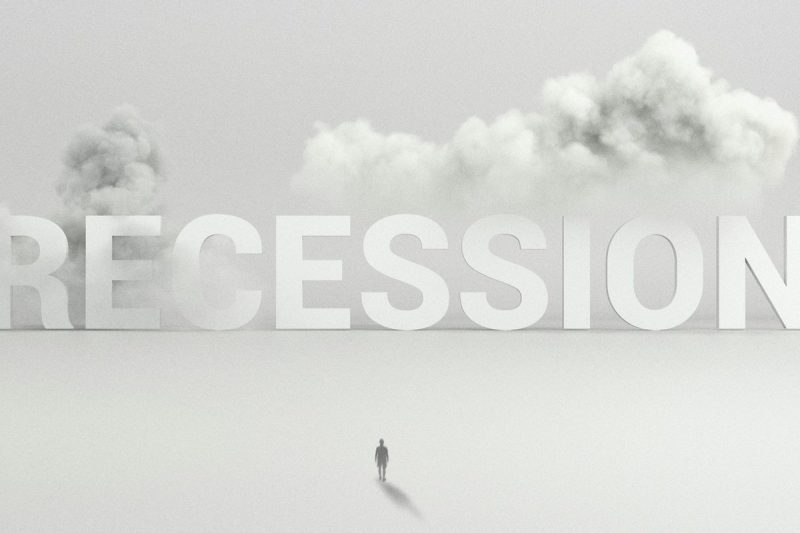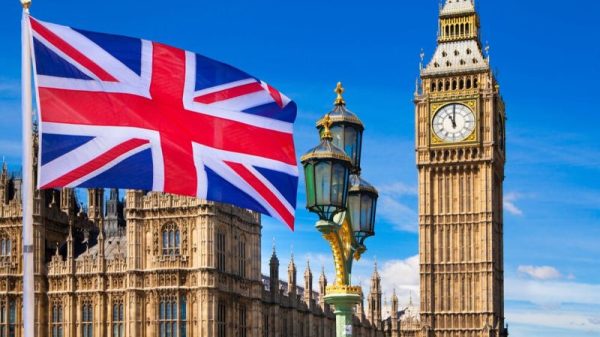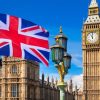Fears of a potential recession in the US triggered a massive global stock selloff on Monday (August 5), resulting in fast and sharp declines across major financial markets worldwide.
The turmoil led to significant losses, with various indexes experiencing their worst performance in months.
Preliminary data cited by Reuters on Monday shows the S&P 500 (INDEXSP:.INX) dropped by 2.98 percent to close at 5,187.36 points. The Nasdaq Composite (INDEXNASDAQ:.IXIC) fell by 3.38 percent to 16,208.38 points, while the Dow Jones Industrial Average (INDEXDJX:.DJI) decreased by 2.59 percent, ending at 38,706.79 points.
This marked the steepest three day percentage declines for these US indexes since June 2022.
European markets also faced significant declines, with the STOXX Europe 600 (INDEXSTOXX:SXXP) dropping by 2.9 percent, and major indexes in Germany, France and the UK falling between 2.5 and 3.5 percent.
Asian markets were not spared either. Japan’s Nikkei 225 (INDEXNIKKEI:NI225) fell by 3.2 percent, while the Hang Seng Index (INDEXHANGSENG:HSI) in Hong Kong dropped by 2.8 percent.
Meanwhile, the S&P/TSX Composite Index (INDEXTSI:OSPTX) ended Tuesday (August 6) down 1.58 percent at 21,979.36 points, its lowest close since early July. The materials and healthcare sectors led the declines.
Colin Cieszynski, chief market strategist at SIA Wealth Management, told Reuters that Tuesday’s selloff was a ‘catch-up effect’ for Canadian markets, which had been closed for a holiday on Monday as global markets faced volatility.
The widespread market downturn began as concerns over a US recession intensified following a series of economic data releases that suggested weakening economic conditions. Investors were particularly alarmed by the unexpected rise in the US unemployment rate and slower-than-expected jobs growth, which fueled fears of an impending slowdown.
Addressing whether more pain is still to come, Kevin Nicholson, global fixed income chief investment officer at Riverfront Investment Group, said time will tell. “I think that the data will play out over time and let us know if today’s reaction is an overreaction or the appropriate reaction,” he commented to the news outlet.
US Federal Reserve policymakers, including Chicago Fed President Austan Goolsbee and San Francisco Fed President Mary Daly, recently dispelled notions of an economic freefall, despite the necessity of rate cuts to prevent a downturn.
‘If the market moves give us an indication over a long arc that we’re looking at a deceleration of growth, then we should react to that,’ Goolsbee said during the Kansas City Fed’s annual economic symposium in Jackson Hole.
‘As you see jobs numbers come in weaker than expected but not looking yet like recession, I do think you want to be forward-looking at where the economy is headed for (in) making the decisions,” he added.
Securities Disclosure: I, Giann Liguid, hold no direct investment interest in any company mentioned in this article.
























